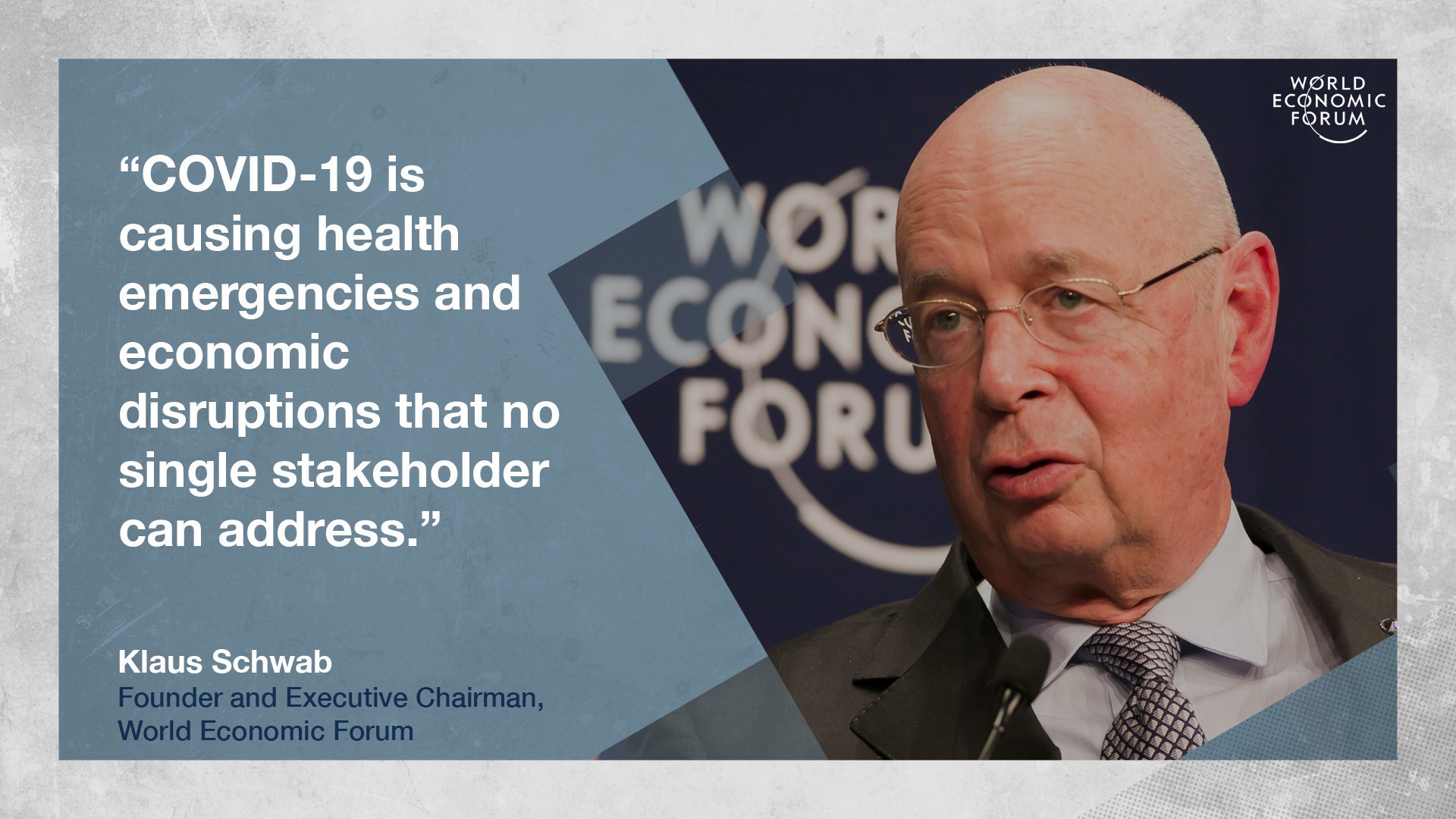
- The World Health Organization held a media briefing to update the public on the COVID-19 outbreak. Streamed live Monday, 30 March.
- WHO officials do not recommend mask wearing for healthy members of the general population.
- Masks should be worn by those with the disease or those in close contact with those infected.
- As lockdowns become more prevalent, family spread will become more common.
To wear or not to wear? That has become the key question during the pandemic as the face mask has become a symbol of our changed lives under coronavirus. Still, months after the pandemic began to spread, many people still remain unsure about whether a mask is essential to keep them safe.
Messages differ from country to country. The US Surgeon General pleaded with the public in February to stop buying masks, while countries such as South Korea and Japan distributed them to the public. Recently the Czech Republic and Slovakia even made them mandatory. World Health Organization (WHO) officials helped clarify how they recommend masks can best be deployed at a briefing on 30 March.
Media briefing on #COVID19 with @DrTedros. #coronavirus https://www.pscp.tv/w/cVCsfTI2MTAyMHwxT3lKQVlvb2RSbkpiPTXRakjJ3oF1q4u2TtM8R9CHs0Vgbe_OScV40P6vYcE= …
Who @WHO
Media briefing on #COVID19 with @DrTedros. #coronavirus
pscp.tv
Who should wear a mask:
- Those who are sick. WHO officials recommended those infected with the COVID-19 coronavirus to wear masks to prevent spreading it to someone else.
- Those who are home caregivers for those who are sick. People caring for the sick should wear masks to protect themselves and to prevent further transmission throughout a family unit. Mask wearing has become critical in these situations, thanks to lockdown, said Michael J. Ryan, Chief Executive Director of the WHO Health Emergencies Programme, since most of the new transmissions are happening at the family level. “In some senses,” he said, “the transmission has been taken off the streets and pushed back into the family unit.”
- Those who are frontline healthcare workers. Right now the people most at risk from this virus are frontline healthworkers who are exposed to the virus “every second of every day”, Ryan also said.
WHO officials were careful to say that the agency does not criticise countries who advise wearing masks. But at the same time, the agency was quick to stress that masks are commonly misused, and as a result, won’t offer the intended protections.
For instance, wearing a mask can provide a false sense of security, say experts, leading some to become less vigilant in more important hygiene measures, such as hand washing. Additionally, removing a mask so it no longer covers your nose, or touching the outside of the mask can make it less effective.
Key to remember, say WHO officials, is that coronavirus is spread by droplets and not airborne transmission. “The most likely person to become a case is someone who has been in significant contact of another case,” said Ryan.

The global shortage of personal protection equipment underscored the need to carefully deploy masks where they would do the most good, said Ryan.
“One can argue that there’s a benefit of anything,” he said, “but where does the given tool have its most benefit and right now the people most at risk from this virus are frontline health workers who are exposed to the virus every second of every day.”
The shortage is not the primary reason the WHO does not recommend mass mask wearing. But Ryan said: “The thought of [health care workers] not having masks is horrific.”
To be sure, as the agency noted, there there are psychological and social benefits to mask wearing. For instance, in some countries, mask wearing helped to prevent stigmatizing the infected.
Still, mask wearing by the general public is not among the WHO’s recommendations. “We don’t generally recommend the wearing of masks in public by otherwise well individuals because it has not up to now been associated with any particular benefit,” said Ryan.


































